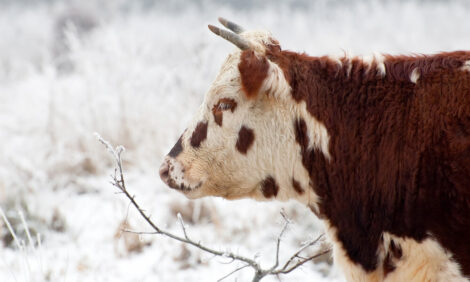



B+L NZ on Productivity Commission's Draft Report on Low Emissions Economy
NEW ZEALAND - The New Zealand government has asked the Productivity Commission to identify options for how New Zealand can reduce its domestic greenhouse gas emissions through a transition to a low-emissions economy, while at the same time continuing to grow income and well-being.The Commission engaged with a large and diverse group interested in climate change and mitigation policy. It completed over 120 engagement meetings (including overseas), 15 conferences/seminars and received 132 submissions on its issues paper.
Modelling work was also undertaken by a consortium of Vivid Economics, Concept Consulting and Motu Economic and Public Policy Research of different transition pathways to a low-emissions economy, examining respective impacts and outcomes.
The draft report makes 140 findings, 50 recommendations and asks 11 questions. According to the Commission, moving to a low-emissions economy will require:
- getting emissions pricing right, to send the right signals for investment;
- harnessing the full potential of innovation and supporting investment in low-emissions activities and technologies;
- creating laws and institutions that endure over time and act as a commitment device for future governments; and
- ensuring other supportive regulations and policies are in place (including to encourage an inclusive transition).
A final report will be presented to the Government in August 2018.
Beef + Lamb NZ Response
Sam McIvor, Chief Executive of Beef + Lamb NZ, said: "There is much to digest in the draft Productivity Commission report.
"Our initial reading is that there is much in the report that makes sense. Beef + Lamb NZ agrees with the goals, but we believe there may be other ways to achieve the objectives.
"We agree with the case for methane to be dealt with separately due to its relatively short life in the atmosphere, for example.
"We also acknowledge that there is an opportunity to plant more trees, even if that is only a temporary fix. But planting needs to be targeted and should not be at the expense of economically productive hill country. Tree planting has to make environmental and economic sense. It’s important to recognise that hill country farming is not all ‘marginally profitable’.
"The sheep and beef sector remains committed to continuing to reduce its carbon emissions. We have already reduced our emissions by almost 20 per cent below 1990 levels, well below New Zealand’s Paris commitments of 11 per cent below 1990, while at the same time making significant productivity gains.
"All sectors need to do their bit to support the government to meet its commitments, and New Zealand’s approach must be fair and recognise the contributions of individual sectors to both the problem and the solution."
B+LNZ will be making a submission to the Productivity Commission.
You can view the Productivity Commission's draft report by clicking here.
TheCattleSite News Desk


